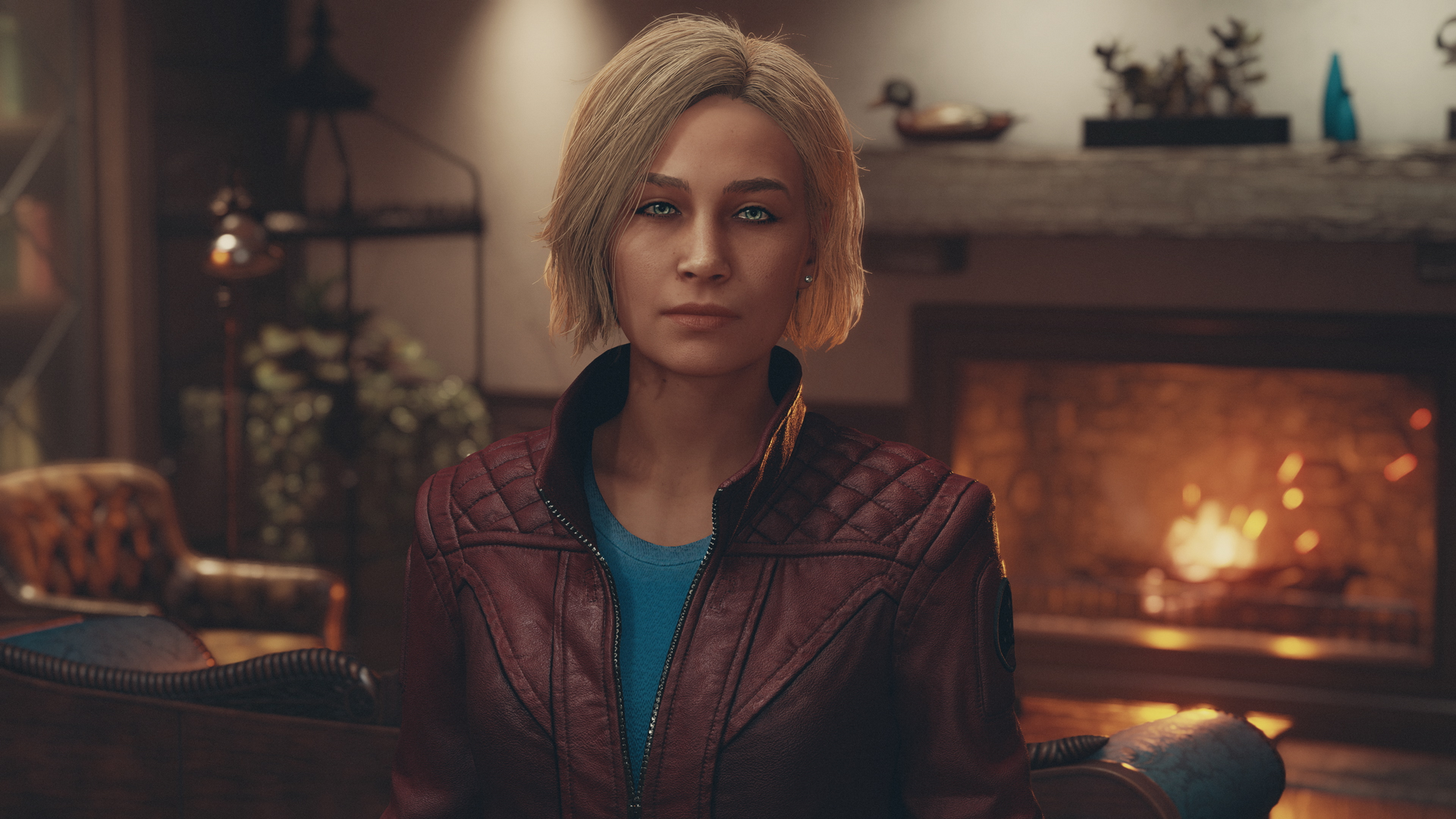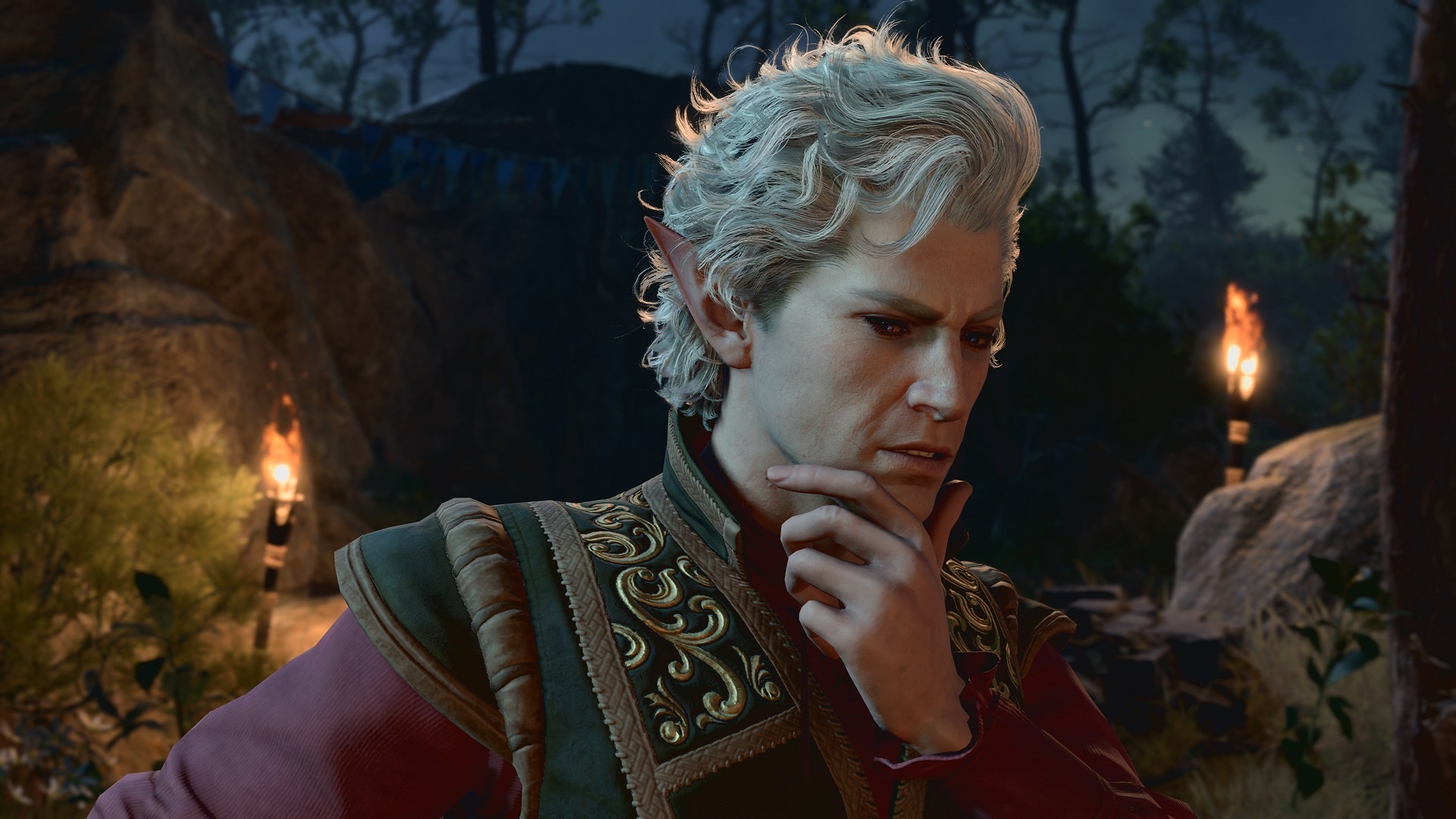
Is there value in pitting Starfield and Baldur's Gate 3 against one another? We are undoubtedly living through a new golden age of role-playing games, and there is little doubt in my mind that 2023 will be remembered as the year the RPG became a resurgent force to be reckoned with. Between Sea of Stars and Final Fantasy 16, Octopath Traveler 2 and The Legend of Zelda: Tears of the Kingdom, Hogwarts Legacy and Diablo 4, and yes, Starfield and Baldur's Gate 3 (among countless others), there truly has been something in this genre for everybody to play. But perhaps it was only inevitable that the latest works from Bethesda Game Studios and Larian Studios would be compared so aggressively.
The biggest Xbox Series X and PS5 console exclusives of the summer, releasing within 24 hours of one another; anticipation skyhigh thanks in no small part to their lengthy development cycles – it's been five since Bethesda launched the widely derided Fallout 76, and six since Larian released the critically acclaimed Divinity: Original Sin 2. One studio attempting to recapture the magic some fear had been lost to time, and the other trying to make lightning strike twice. The result of all of this is two of the best RPGs in recent memory, with each fulfilling wildly different fantasies.
Starfield, a chance to chart your own destiny across a wide-open galaxy. Baldur's Gate 3, an enduring attempt to break the invisible hand of a devious dungeon master. Some might say that BG3 has a stronger sense of adventure, owing to its malleable narrative design and the fantastic characterisation of its companions. Whereas Starfield has a degree of flexibility and fluidity that you might not find throughout the Forgotten Realms. It's difficult to say if one is better than the other, as each experience is underpinned by a different conceptual approach to what it means to give a player freedom in a crafted world.
Perhaps then it's better to "look for the overlaps." At least, that's what Adam Smith told me in the days leading up to the showdown of the summer between Starfield and Baldur's Gate 3. Larian Studios' lead writer tells me that comparisons between the two were inevitable, given that the release schedule converged to ensure that both would be played and spoken about simultaneously by overlapping communities. But Smith's perspective is that there's always room at the table for more great RPGs, and that the video game industry is all the better because of it.
Call it creative problem solving

"One of the reasons I went to Gamescom is to talk to people who are playing and enjoying Baldur's Gate 3, but I also want to talk to other developers and see how they do things. You see these two RPGs, and I think we are doing very different things, but I also want to know what the overlap is. You know, how does their storytelling work and how does ours work? You learn from it. Because we play everything. Well, some of us play everything; some of us only play RPGs, and then there are people like me who play everything for about five minutes and then I've got to find something new because I'm a little magpie. But you have to learn from the stuff around you."
Smith is quick to remind us all that while battle lines are typically drawn between big new releases online, the attitude behind-the-scenes is oftentimes more focused on introspection and dissection. "I hope that what happens is that Starfield comes out, we sit and we play it [at Larian], and we go 'Holy shit, how did they do that? That's so cool!' And I suspect that Bethesda is doing the same thing with Baldur's Game 3. That's really how it works. And then one day we'll all sit down together, raise a glass, and go 'Cheers!' There's enough space for everyone, and that's why I think the overlap is the most interesting part. You know, we approached this like this and you approached it like that," he continues. "And that's exciting! It's exciting seeing how other developers approach similar problems."

Those problems aren't getting into the weeds, necessarily, but are more structural in nature. An example Smith gives surrounds how a studio might present something like dialogue options, both in terms of how they interweave with play and how they are presented on the screen. Every studio has a different approach to these core aspects of design, and it's by looking for the overlaps that the industry can learn from one another, and deliver better experiences. "Fundamentally, what a game is to me is a way of communicating with a player. It's a way of giving them a way to play with you and tell stories with you. That's what we're all trying to do, and I like that we all have different ways of trying to figure it out."
Sign up to the GamesRadar+ Newsletter
Weekly digests, tales from the communities you love, and more
Starfield and Baldur's Gate 3 are two of the best games of 2023. Two massive RPGs that take very different approaches to dealing with player interaction. We can argue until we're blue in the face about whether one is more successful than the other in a variety of areas, but perhaps there's more value in looking for the points of overlap and trying to figure out why certain creative decisions were made, and how they ultimately factor into the wider fantasy each is trying to build.

Josh West is the Editor-in-Chief of GamesRadar+. He has over 15 years experience in online and print journalism, and holds a BA (Hons) in Journalism and Feature Writing. Prior to starting his current position, Josh has served as GR+'s Features Editor and Deputy Editor of games™ magazine, and has freelanced for numerous publications including 3D Artist, Edge magazine, iCreate, Metal Hammer, Play, Retro Gamer, and SFX. Additionally, he has appeared on the BBC and ITV to provide expert comment, written for Scholastic books, edited a book for Hachette, and worked as the Assistant Producer of the Future Games Show. In his spare time, Josh likes to play bass guitar and video games. Years ago, he was in a few movies and TV shows that you've definitely seen but will never be able to spot him in.


